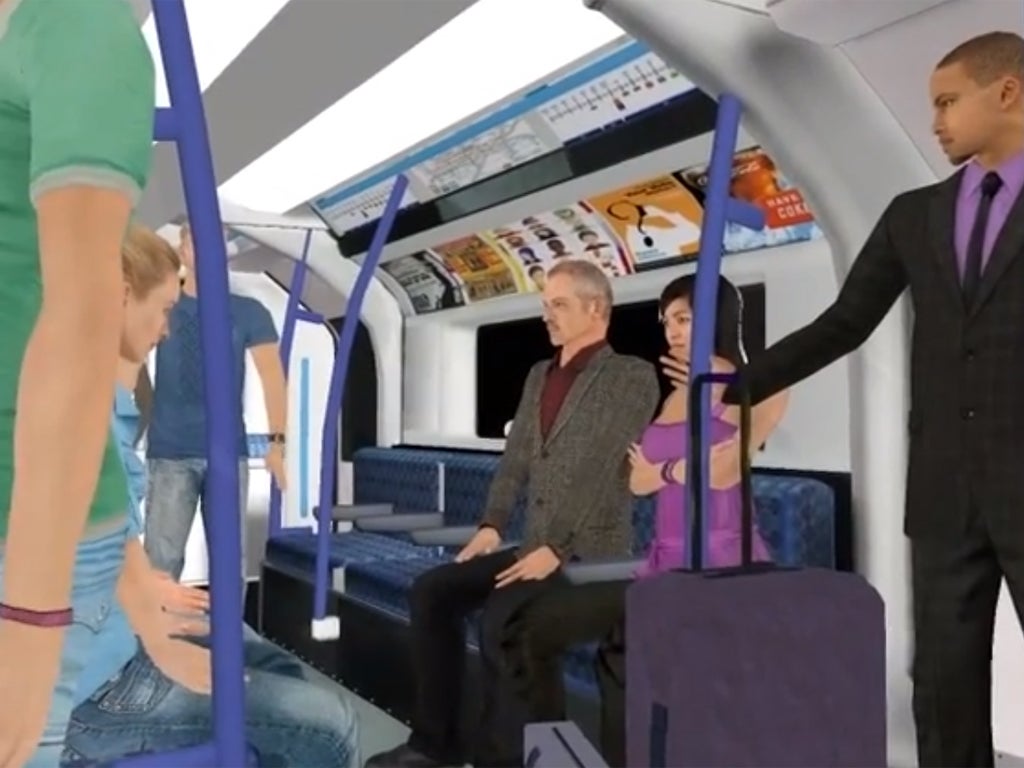It's not because I'm short that I feel ‘paranoid and suspicious’, it's because of how people react to my height
Every outing will involve stares, name calling and even the odd photograph


Shorter people are more paranoid and suspicious, according to a study that is. Conducted with 60 women using virtual technology, the study concluded that when shrunk, they had increased feelings of paranoia and became more suspicious of others.
The women each wore a virtual reality helmet and took two virtual tours of the London underground, in one of which they were shrunk by about 30cm. This, the researchers claim, caused increased feelings of paranoia and suspicion, concluding that shorter people have more negative evaluations of the self, and being shorter makes people feel more vulnerable. To me, however, all the study showed was how changing a person can alter their perceptions, not truly how being small can make one feel and the reasons why.
As someone with dwarfism, I certainly feel paranoid when out in public and to some extent more vulnerable. But it is not my size that makes me feel this way, it's the way people react towards my size. Every outing will involve stares, name calling and even the odd photograph. Whether it is standing at a set of traffic lights or sitting in a bar, people have taken out their mobile phones and clearly aimed them towards me - as if that is perfectly acceptable.
After being photographed several times I admit I do get suspicious when someone pulls out there phone in front of me. I will try and hide as I don’t want a picture of me to be a source of amusement for anyone. I will also purposely avoid certain places where I know I am more likely to receive unwanted attention. When someone starts pointing and yelling at me, because they have seen a 'real life dwarf', I certainly feel as if everyone else is looking at me. That feeling of vulnerability is because I know I cannot fight back.
It is also these daily reactions that do not give me a great sense of self. How is being treated like an outcast meant to make one feel? Before going out I can dress smartly, get my make up right and feel good, but as soon as somebody stares at me or nudges their partner to point me out to them, that feel good is gone.
Yet, the study did not involve anyone being stared at, pointed at or randomly photographed. It also did not involve anyone having to struggle when interacting with facilities. When I am at a counter which comes up to my chin, I often have to shout so the member of staff can hear me. On one occasion, when I was trying to get the seat high enough to have my passport photo taken, several people stopped and stared at me in the booth but never offered any help. This all adds to making me feel out of place, as if people are desperately intrigued by another doing something differently.
It would be interesting to see how the participants of the study would have felt if they had to interact with the spaces around them when they were no longer size suitable, and how they would have felt if the virtual passengers had responded negatively to their presence. I don't feel paranoid because I am small, but because I know that being different in society is still not fully acceptable.
Join our commenting forum
Join thought-provoking conversations, follow other Independent readers and see their replies
Comments
Bookmark popover
Removed from bookmarks